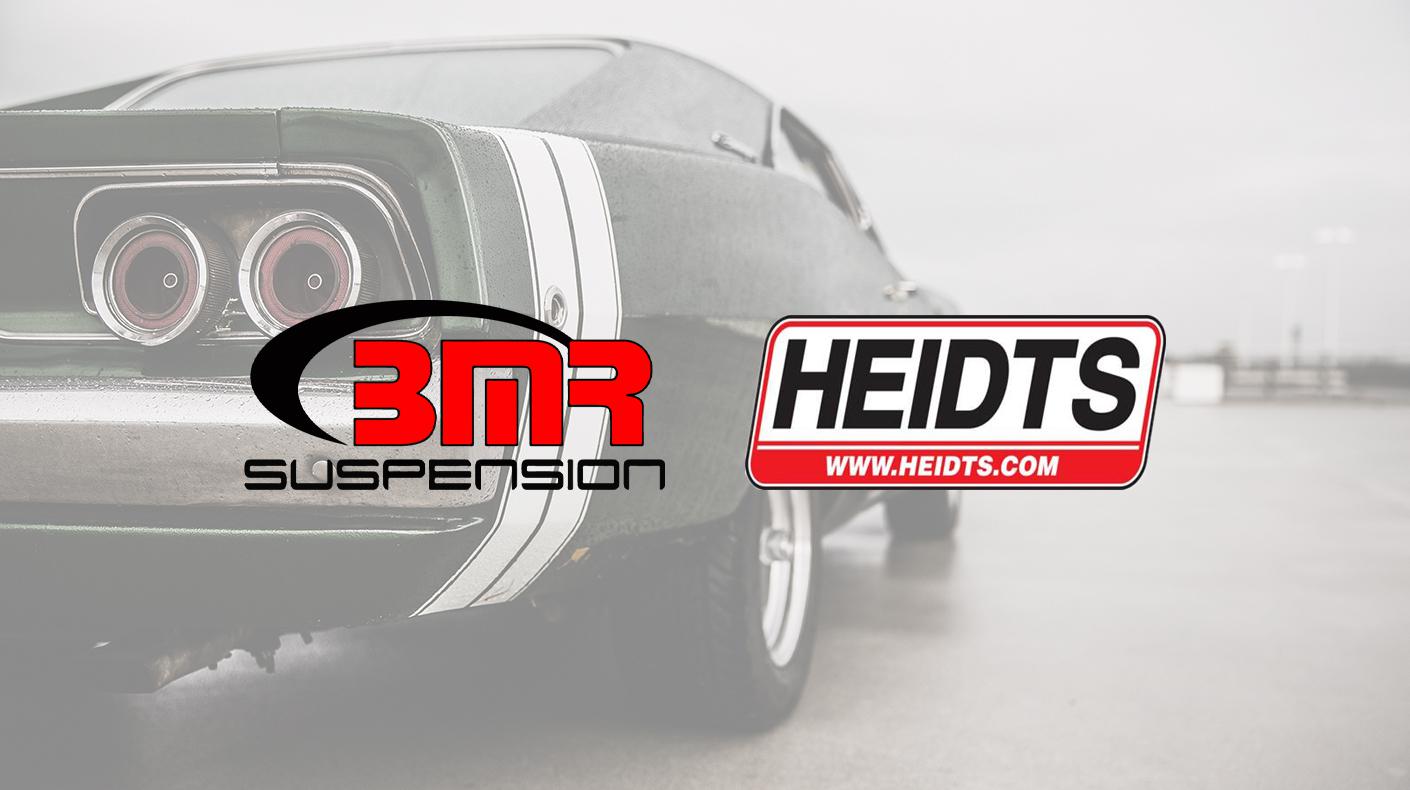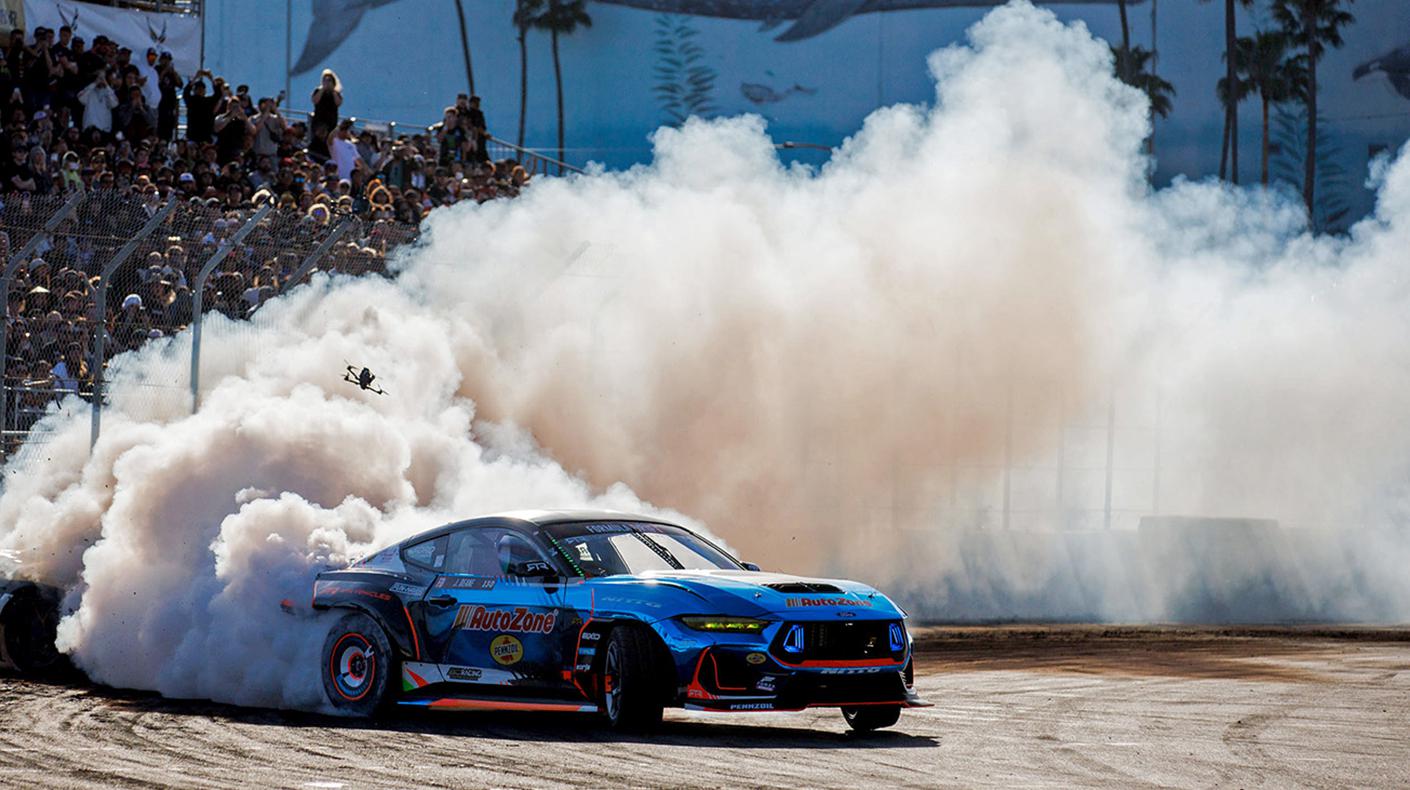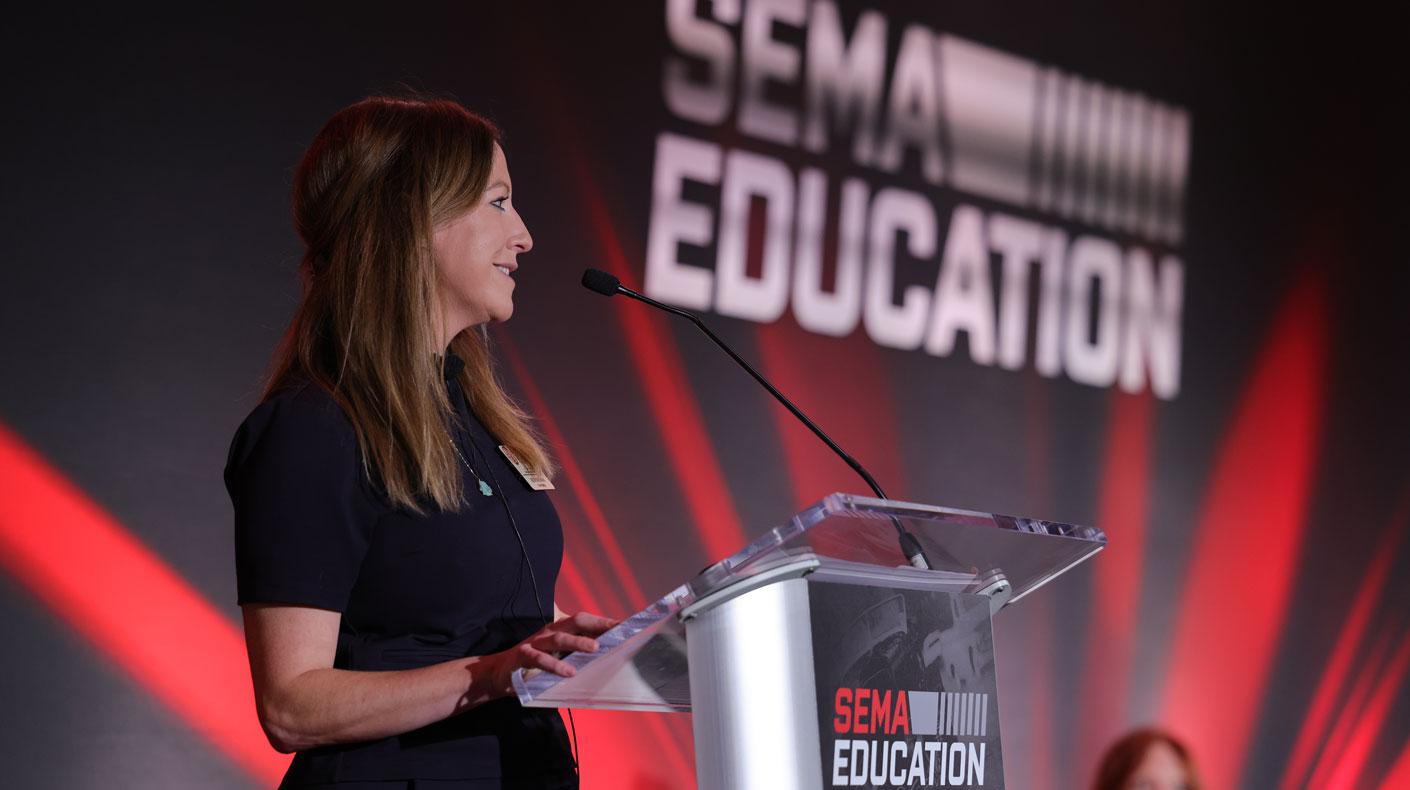By SEMA Washington, D.C., Staff
 The U.S. Environmental Protection Agency (EPA) has proposed new federal emissions standards intended to dramatically increase sales of electric vehicles (EVs). The sales would be achieved by reducing multi-pollutant emissions, including greenhouse gas (GHG) and criteria pollutants (particulate matter (PM), ozone, nitrogen oxides (NOX) and carbon monoxide (CO) from new light-duty and medium-duty (8,501 to 14,000 lbs.) vehicles for model years '27 to '32. The EPA maintains its proposal would reduce average fleet GHG levels by 56% between model years '26 and '32, resulting in an industry-wide target for light-duty vehicles of 82 grams per mile of CO2. As a result, the EPA estimates that two-thirds of new passenger vehicles sold in the United States would be EVs by 2032 under its proposed standards.
The U.S. Environmental Protection Agency (EPA) has proposed new federal emissions standards intended to dramatically increase sales of electric vehicles (EVs). The sales would be achieved by reducing multi-pollutant emissions, including greenhouse gas (GHG) and criteria pollutants (particulate matter (PM), ozone, nitrogen oxides (NOX) and carbon monoxide (CO) from new light-duty and medium-duty (8,501 to 14,000 lbs.) vehicles for model years '27 to '32. The EPA maintains its proposal would reduce average fleet GHG levels by 56% between model years '26 and '32, resulting in an industry-wide target for light-duty vehicles of 82 grams per mile of CO2. As a result, the EPA estimates that two-thirds of new passenger vehicles sold in the United States would be EVs by 2032 under its proposed standards.
California is already pursuing stricter greenhouse gas standards with a goal that 70% of new vehicles sold in the state will be zero-emissions vehicles by 2030. California is also seeking to ban the sale of new gasoline-powered cars by 2035. This is significant, as 17 other states have followed all or part of California's previous clean-car rules.
SEMA advocates for the ability of consumers and the marketplace to choose what works best for them. There are many options on the road to zero emissions, as it is crucial for government policy to remain technology neutral. The specialty automotive aftermarket business has been built around the internal combustion engine. It is also the same industry that has led the way in fuel innovations and conversions of old vehicles into new and cleaner technologies. Yet it is clear from the Biden administration's actions and words that electrification is their technology of choice. Hydrogen and other renewable fuels, including synthetic eFuels, will allow legacy vehicles to operate in a carbon-neutral manner. Ultimately, consumers, not the government, should be allowed to choose the type of vehicle technology that best serves them and their families.
While the EPA cannot directly mandate EV sales under the Clean Air Act, sales of zero-emissions vehicles (ZEV), including battery electric, plug-in hybrid electric and fuel-cell electric vehicles may be the only practical way for the automakers to meet strict standards for carbon dioxide (CO2) and other greenhouse gases. Simultaneously, the agency expects automakers to increase the use of filters to reduce gasoline particulate matter emissions and deploy new CO2-reducing technologies for gasoline-powered vehicles.
In a related move, the U.S. Department of Energy (DOE) has proposed changes to the way it calculates the "miles per gallon equivalent" (MPGe) ratings for EVs and hybrids versus gas-powered vehicles. The rule was last updated in 2000. The DOE is reassessing the energy efficiency of gasoline-powered vehicles versus EVs when taking into account the entire production and distribution system for electricity and petroleum. For example, here are two proposed recalculations: the current Ford F-150 EV would drop from 237.7 to 67.1 mpg, and the Volkswagen ID.4 EV would drop from 380.6 to 107.4 mpg.
The MPGe calculation is incorporated into NHTSA's Corporate Average Fuel Economy (CAFE) standards, which set mileage requirements for vehicle fleets produced by the automakers. The automakers buy credits or pay fines if they cannot meet the CAFE requirements. The reduced MPGe ratings for EVs would mean that the automakers would need to sell more EVs to help meet their CAFE fleet obligations. The NHTSA CAFE standards run parallel to the EPA greenhouse gas standards since there is an equivalence between CO2 emissions and the amount of petroleum that is burned. NHTSA is expected to soon issue proposed CAFE standards for the '27-'31 model years.
The EPA and DOE proposed rules are now subject to public comment. Click here to sign a letter opposing the EPA's proposal, which provides an opportunity to personalize the letter and explain how the agency’s push to an all-electric future will impact your business.
For SEMA's official reaction to the EPA's new federal emissions standards, visit here. For more information, contact Eric Snyder at erics@sema.org.





